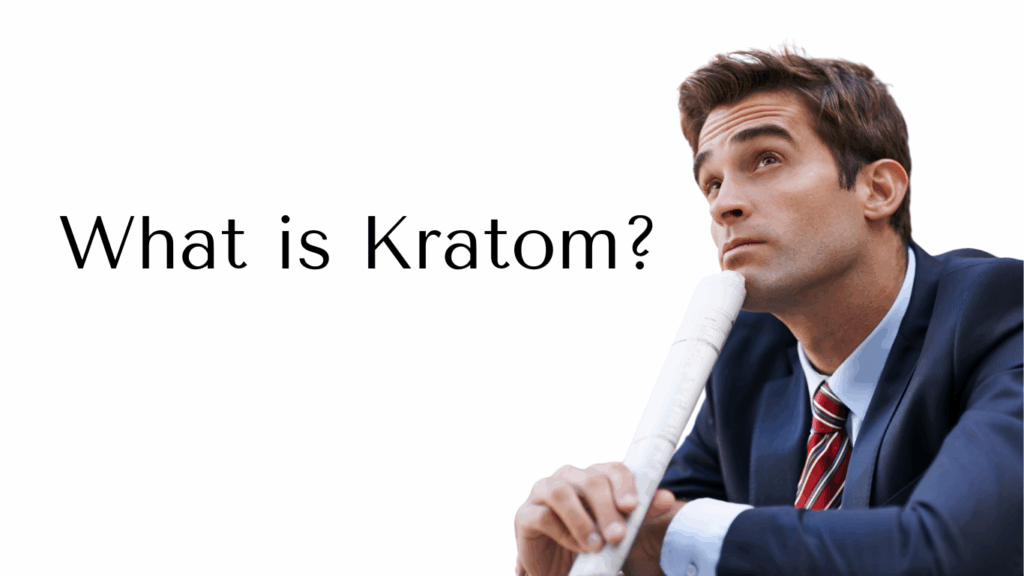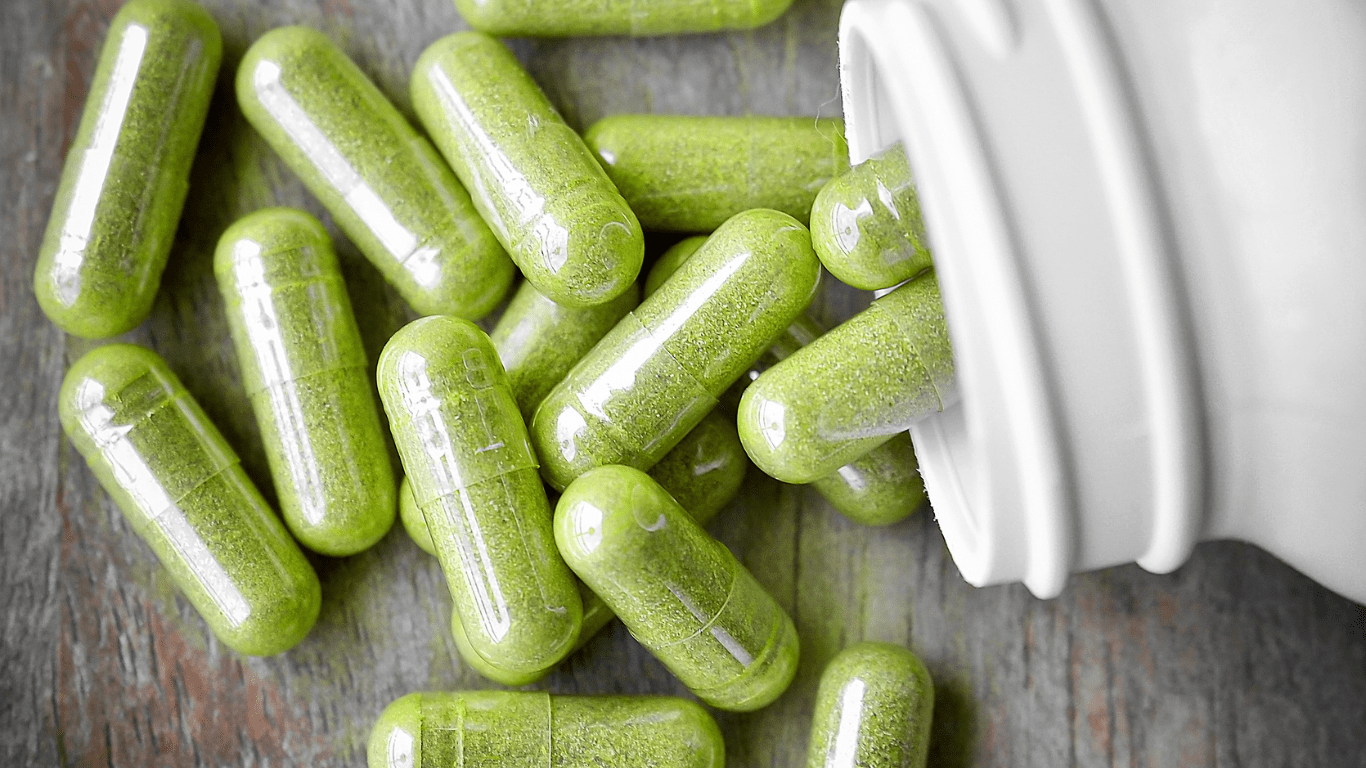The journey toward recovery from kratom addiction presents unique challenges, particularly for men who often face societal pressures and expectations that can complicate their healing process.
This comprehensive guide explores kratom addiction, its effects, and how the specialized treatment programs at Hand in Hand Recovery Center are helping men reclaim their lives from the grip of this increasingly prevalent substance.

Understanding Kratom and Its Addictive Potential
Kratom, scientifically known as Mitragyna speciosa, is a tropical tree native to Southeast Asia whose leaves contain compounds that can produce both stimulant and opioid-like effects. Despite its legal status and “natural” marketing, kratom possesses significant addictive properties that many users don’t initially recognize.
The primary psychoactive components in kratom, mitragynine and 7-hydroxymitragynine, interact with opioid receptors in the brain, leading to sensations of pleasure, sedation, and decreased pain.
These exact mechanisms that provide relief can also create dependency when used regularly. At lower doses, kratom produces stimulant effects similar to cocaine or methamphetamine, while higher doses result in opioid-like experiences.
Many individuals begin using kratom as an alternative to traditional opioids, for pain management, or to self-treat anxiety and depression. However, regular consumption often leads to tolerance, requiring increasingly larger doses to achieve the same effects, a classic sign of developing physical dependence.
The Hidden Progression of Kratom Addiction
Kratom addiction can be particularly insidious because the substance is often marketed as “safe” or “natural,” masking its potential for dependency. The signs and symptoms of kratom addiction may include:
Physical Indicators
- Increased tolerance requiring higher doses
- Withdrawal symptoms when not using
- Fatigue and physical dependence
- Nausea, constipation, or gastrointestinal issues
- In severe cases, respiratory depression or cardiovascular problems
Behavioral Changes
- Regular consumption patterns that increase over time
- Failed attempts to quit or reduce intake
- Spending excessive time obtaining, using, and recovering from kratom
- Neglecting personal, professional, or academic responsibilities
- Continuing use despite obvious negative consequences
Psychological Effects
- Intense cravings when not using
- Preoccupation with obtaining and using kratom
- Anxiety, irritability, or mood swings
- Depression or emotional fluctuations
- Using kratom to cope with stress or negative emotions
The Kratom Withdrawal Timeline: What to Expect
Understanding the kratom withdrawal process is crucial for those seeking recovery. The withdrawal experience typically follows a predictable pattern, though individual experiences may vary based on usage patterns and personal factors.
Phase 1: Early Withdrawal (6-12 hours)
Within the first several hours after the last dose, individuals may begin experiencing:
- Anxiety and restlessness
- Muscle aches and discomfort
- Increased sweating
- Runny nose and flu-like symptoms
- Insomnia and sleep disturbances
Phase 2: Peak Withdrawal (1-3 days)
During this phase, symptoms intensify significantly:
- Severe muscle and joint pain
- Nausea, cramping, and gastrointestinal distress
- Dilated pupils
- Intense cravings
- Emotional instability, including sadness and irritability
- Chills, sweating, and fever-like symptoms
Phase 3: Subsiding Acute Symptoms (4-7 days)
As physical symptoms begin to diminish, challenges remain:
- Decreasing physical discomfort
- Continued emotional fluctuations
- Fatigue and low energy
- Lingering sleep difficulties
- Mild to moderate cravings
Phase 4: Post-Acute Withdrawal (1-2 weeks and beyond)
Even after acute symptoms subside, psychological aspects persist:
- Cravings that come in waves
- Anxiety and depression
- Feelings of emptiness or boredom
- Difficulty experiencing pleasure
- For some, post-acute withdrawal symptoms (PAWS) may continue for weeks or months

The Hand in Hand Approach: Specialized Treatment for Men
Hand in Hand Recovery Center has developed a comprehensive approach to kratom addiction treatment specifically tailored for men. Their gender-specific programming acknowledges and addresses the unique challenges men face in acknowledging addiction and seeking help.
The recovery center recognizes that men often struggle with societal expectations of strength, self-reliance, and emotional control, barriers that can prevent them from reaching out for assistance.
By creating a male-only treatment environment, Hand in Hand fosters a space where men can express vulnerability without judgment and develop authentic connections with others facing similar challenges.
Comprehensive Treatment Programs at Hand in Hand
Hand in Hand Recovery Center offers a full continuum of care, allowing clients to receive the appropriate level of support at each stage of their recovery journey:
Partial Hospitalization Program (PHP)
Though we do not offer PHP at Hand in Hand Recovery, we do understand that it is incredibly effective, especially for men seeking treatment for the first time.
We work with the best partners in our community to refer clients for PHP treatment before stepping down and working with us.
This highly structured program provides intensive treatment while allowing clients to return home or to a sober living environment each evening. PHP often includes:
- Comprehensive therapy several days per week
- Structured daily schedule
- Intensive individual and group counseling
- Medication management when appropriate
- Family therapy sessions
Intensive Outpatient Program (IOP)
Offering a balance of flexibility and structure, our IOP serves as either a step-down from higher levels of care or an entry point for those who don’t require 24/7 supervision. IOP is our highest level of treatment, offering several hours per week depending on individual client needs.
Some of the available services we offer include:
- Multiple weekly therapy sessions
- Ability to maintain work, school, or family responsibilities
- Continued access to comprehensive treatment services
- Focus on relapse prevention and life skills development
Outpatient Program (OP)
The least restrictive level of care, outpatient treatment, provides ongoing support for those who have stabilized in recovery:
- Weekly therapy sessions
- Maintenance of recovery skills
- Support for full reintegration into daily life
- Continued accountability and community connection
Evidence-Based Therapeutic Approaches
Hand in Hand Recovery Center employs a range of evidence-based therapeutic interventions to address kratom addiction comprehensively. Their integrative approach includes:
- Trauma Therapy: Recognizing the connection between trauma and addiction, Hand in Hand provides specialized trauma therapy to help men gain insight into how traumatic experiences have influenced their substance use patterns. Their trauma-informed approach creates a safe environment for processing painful experiences and developing healthier coping strategies.
- Anger Management: The center acknowledges that anger and addiction often go hand in hand, with each potentially exacerbating the other. Their anger management program helps men:
- Identify anger triggers
- Develop healthier expressions of emotions
- Improve interpersonal relationships
- Prevent anger from leading to relapse
- Experiential Therapy: Going beyond traditional talk therapy, Hand in Hand incorporates hands-on, interactive therapeutic experiences that engage clients differently and can be particularly effective for men who struggle with verbal expression of emotions.
- Family Therapy: Recognizing addiction as a family disease, Hand in Hand involves loved ones in the recovery process, helping to heal damaged relationships and create healthier family dynamics that support long-term sobriety.
- Psychoeducational Groups: These structured group sessions provide essential information about addiction, brain chemistry, triggers, and recovery strategies, empowering men with knowledge and understanding about their condition.
The Role of Community in Recovery
At the heart of Hand in Hand Recovery Center’s philosophy is the belief that “the opposite of addiction is connection.”
Our community-based approach recognizes that healing happens most effectively within a supportive network of peers who understand the challenges of recovery.
The center fosters brotherhood among clients, creating an environment where men can:
- Share experiences without judgment
- Learn from others’ recovery journeys
- Develop meaningful connections that combat isolation
- Practice healthy relationship skills
- Find accountability and encouragement
This community approach extends beyond the formal treatment period, with ongoing alum support and connections that help sustain recovery for the long term.
Clinical Excellence: The Expertise Behind Hand in Hand
Our clinical team’s exceptional expertise and dedication truly set Hand in Hand Recovery Center apart. Our center’s staff combines extensive knowledge in addiction medicine, mental health, and gender-specific treatment approaches, creating a foundation of clinical excellence for every aspect of care.
Their team understands the complex neurobiological mechanisms of kratom addiction, the unique psychological challenges men face in recovery, and the most effective evidence-based approaches for sustainable healing.
This expertise allows them to:
- Accurately assess each client’s specific needs and challenges
- Develop truly individualized treatment plans
- Adapt therapeutic approaches to address changing needs
- Identify and address co-occurring mental health conditions
- Implement the most current, research-supported interventions
Beyond technical knowledge, the staff at Hand in Hand brings compassionate understanding to their work. They recognize the courage it takes for men to seek help and create a non-judgmental environment where vulnerability is welcomed as a strength, not a weakness.
The clinical team balances accountability with support, challenging destructive patterns while providing the resources and encouragement necessary for transformation. This combination of rigorous clinical standards and genuine care creates a healing environment where lasting recovery becomes possible.
The Journey Through Treatment at Hand in Hand
The recovery journey at Hand in Hand begins with a comprehensive assessment to understand each client’s unique circumstances, substance use history, and individual needs. This thorough evaluation forms the foundation for a personalized treatment plan that addresses not just the kratom addiction, but any underlying issues or co-occurring conditions.
As treatment progresses, clients move through several key phases:
- Stabilization: The initial focus is managing withdrawal symptoms, establishing physical stabilization, and creating safety. During this phase, the therapeutic alliance begins to form, and clients start developing the insights and skills necessary for recovery.
- Intensive Therapeutic Work: Once stabilized, clients engage in deeper therapeutic work exploring the roots of their addiction, processing trauma, learning healthy coping skills, and beginning to rebuild damaged relationships. This phase involves intensive individual and group therapy using various evidence-based approaches.
- Skill Development and Relapse Prevention: As recovery strengthens, focus shifts to developing practical life skills, identifying personal triggers, creating relapse prevention strategies, and building a sustainable recovery lifestyle. Clients learn to navigate challenges and stressors without returning to substance use.
- Transition and Continuing Care: Preparation for life after formal treatment includes developing aftercare plans, connecting with community resources, establishing ongoing support networks, and creating strategies for maintaining recovery in real-world environments.
Taking the First Step Toward Recovery
Reaching out for help with kratom addiction requires courage, especially for men who may have been conditioned to handle problems independently. Hand in Hand Recovery Center understands this challenge and has created a welcoming, respectful process for those taking their first steps toward recovery.
Their admissions team works with individuals to:
- Answer questions about treatment options
- Address concerns about the recovery process
- Verify insurance coverage and discuss financial arrangements
- Coordinate the admission process
- Provide guidance and support throughout the transition to treatment
The journey to recovery begins with a single step, reaching out for help. Hand in Hand Recovery Center is ready to walk alongside men seeking freedom from kratom addiction, providing the expertise, support, and community necessary for lasting transformation.
For those ready to take that step or those who want to learn more about kratom addiction treatment options for men in the Atlanta area, Hand in Hand Recovery Center can be reached at (470) 280-2791.
Our compassionate team is standing by to help guide men through reclaiming their lives from addiction, hand in hand, one step at a time.

 info@handinhandrecovery.com
info@handinhandrecovery.com 3411 Austell Road Suite 200, Marietta, Georgia, United States
3411 Austell Road Suite 200, Marietta, Georgia, United States

